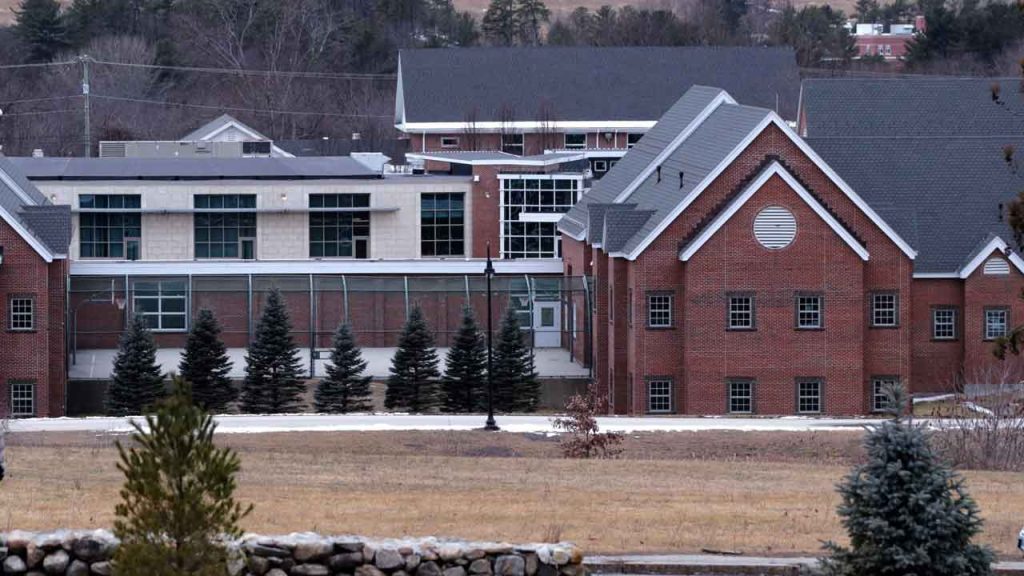A former teacher at New Hampshire’s youth detention center, Brenda Wouters, testified in a civil trial that she reported suspicious bruises on at least half a dozen teenage boys, including the former resident who filed a landmark lawsuit against the state. David Meehan, who is seeking accountability for physical, sexual, and emotional abuse he experienced as a teen, went public with his allegations in 2017. Since then, 11 former state workers have been arrested, and over 1,100 former residents of the Sununu Youth Services Center have filed lawsuits alleging decades of abuse. Wouters recalled instances where teens showed up with marks on their bodies and recounted accounts of forced fighting among residents.
Wouters highlighted that she observed physical signs of abuse on multiple teenagers, but when she approached the residential staff and notified her superiors and the state Division of Children, Youth, and Families, there was no follow-up. She described instances where stronger kids were made to fight against weaker ones until one submitted to staff demands, painting a grim picture of the environment at the facility. Despite acknowledging that she never personally witnessed abuse and did not file any formal complaints, Wouters remained steadfast in her account of the abuse she suspected was occurring at the center.
Despite Wouters’ testimony, the state’s attorney challenged her credibility by pointing out that she did not file written complaints and that Meehan was only in her class during the spring of 1996, a time when he does not claim to have been abused. However, Wouters affirmed that she would have continued to interact with Meehan after that period. The attorneys representing the state argued that the government should not be held liable for the actions of a few employees, implying that Meehan might be fabricating his claims for financial gain. Additionally, they contended that Meehan waited too long to file his lawsuit, citing the statute of limitations.
Following Wouters’ testimony and the state’s arguments, Assistant Attorney General Brandon Chase requested that the judge rule in the state’s favor based on the statute of limitations, claiming that Meehan did not file his lawsuit within the required timeframe. However, Judge Andrew Schulman denied the request, stating that the jury will make the final decision. Schulman pointed out the challenges Meehan may have faced in realizing his legal claims while at the youth detention center, emphasizing the limited perspective residents had of the world from within the facility. Despite the complexities of the case, the trial continued with the state preparing to present its defense.
As the trial progressed, it became evident that the allegations of abuse at the Sununu Youth Services Center were gaining traction through testimonies from former staff and residents. The courtroom became a battleground of credibility, with Wouters and others painting a haunting picture of a culture of abuse within the facility. The outcome of the trial holds significant implications for the state’s accountability in addressing historical injustices and providing restitution to victims of abuse. While the state continued to challenge Meehan’s claims, the mounting evidence presented in court put a spotlight on the need for justice and reform within the youth detention system.


